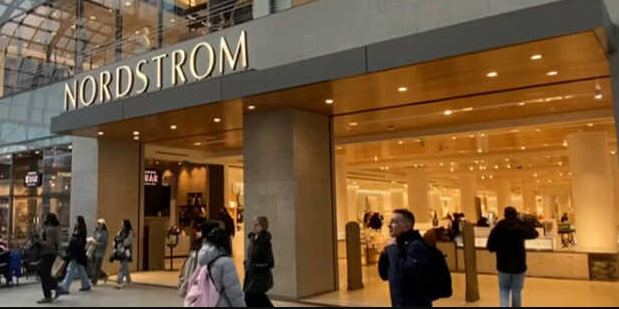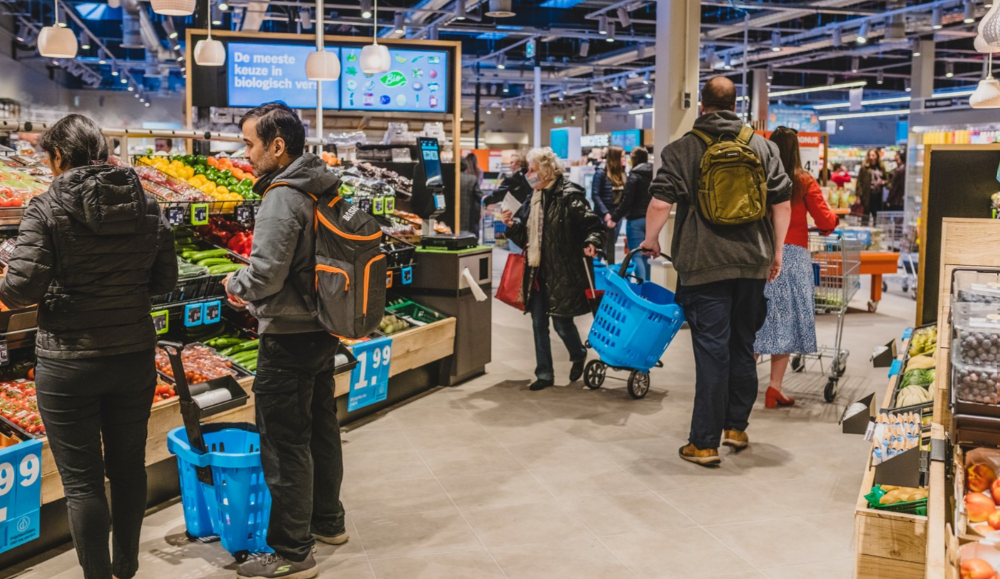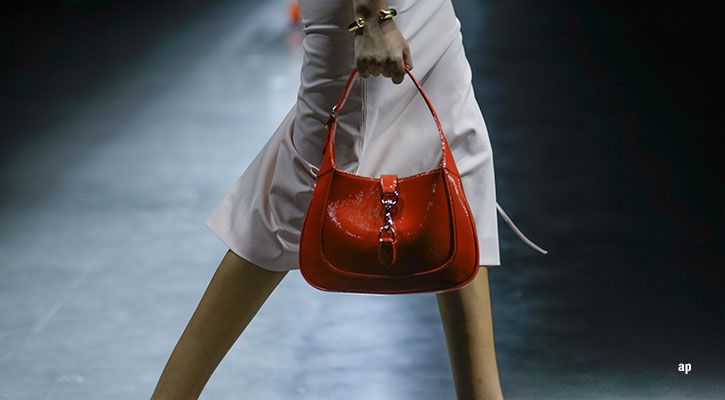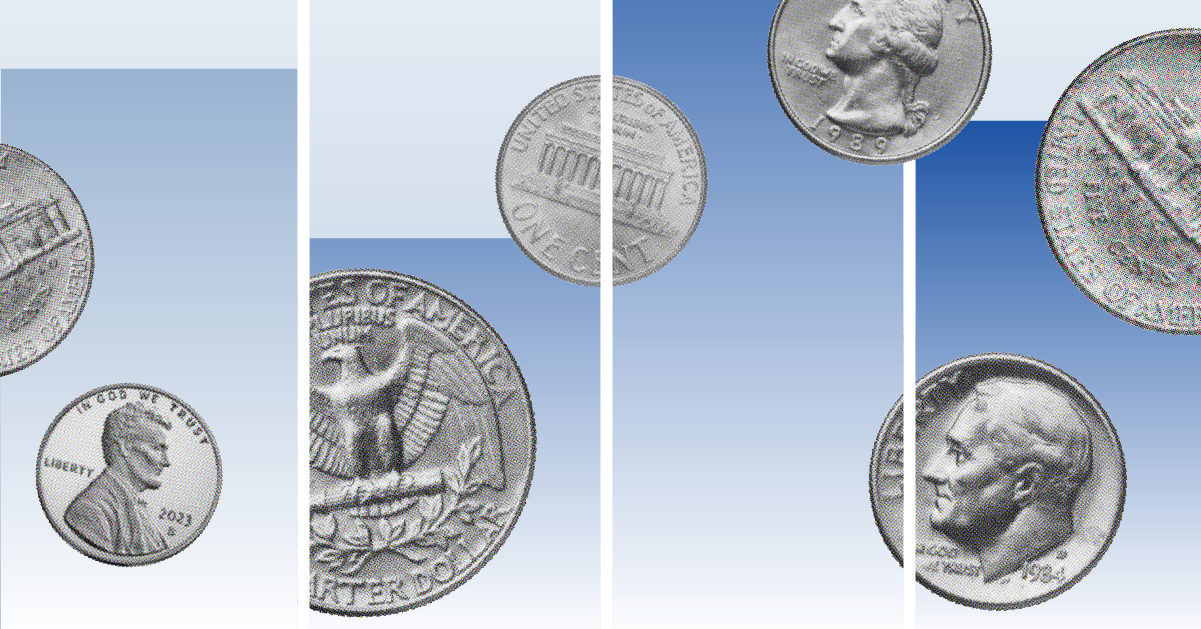Sunniva Kolostyak: Welcome to Morningstar. We've seen explosive growth in the resale apparel space. And here to talk with me about that today is senior equity analyst, Jelena Sokolova.
Jelena, welcome. Can you explain to me what's behind this growth?
Jelena Sokolova:Hi, thanks for having me. So, indeed, resale apparel has been growing fast in the recent years, and we also expect this growth to continue going forward. In the next 10 years, we expect resale to grow at a high-single-digit base versus only low-single-digit growth for apparel and accessories. It would make 10% of apparel and accessories market in 10 years' time according to our estimates. We think the major drivers behind this growth are the attractiveness pricewise of resold apparel and accessories. The second is the development of online players such as the pureplay RealReal and threadUP, and also the development of this online delivery infrastructure, and finally, also consumer concerns about sustainability.
SK:Now you're also Morningstar's expert on luxury brands. So, how does this growth in resale affect luxury brands and other apparel companies?
JS: Yeah. So, resale has been touted as a potential threat to the first-hand luxury and apparel sales. We honestly see rather little competition from resale to first-hand luxury buying. So, first of all, resold luxury is a bit cheaper. So, it broadens the market for people who are not being able to afford buying luxury first price to begin with similar to outlet channels, for instance. And also, the people who actually, like the end consumers who sell their luxury goods into secondary channels, they use often this process to also fund their new purchases. We think that resale is much bigger threat for mass market brands. We think that, however, that strong established fast fashion players like Inditex are still well-positioned due to their – thanks to their fashion credibility and value proposition that resale space lacks and also the fact that apparel and accessories space remains extremely fragmented, so there is still room for strong players to gain market share there.
SK:So, if we look at the investor, what are the key opportunities that you see in this space for them?
JS: Yeah. So, from the brand perspective, our key pick in European apparel space is Inditex. It's trading currently in 4-Star territory. It's a narrow moat rated name and it's also on our best ideas list. We also like Swatch Group among our luxury players, which is trading currently in 4-Star territory. It's also a narrow moat rated name. And we also like the pureplay sort of online players in the U.S. like RealReal, a specialist in luxury resale and also online player Poshmark. They are both no moat rated. And RealReal is trading in 5-Star territory and Poshmark is trading in 4-Star territory at the moment.
Kolostyak: Jelena, thank you very much. For Morningstar, I'm Sunniva Kolostyak.





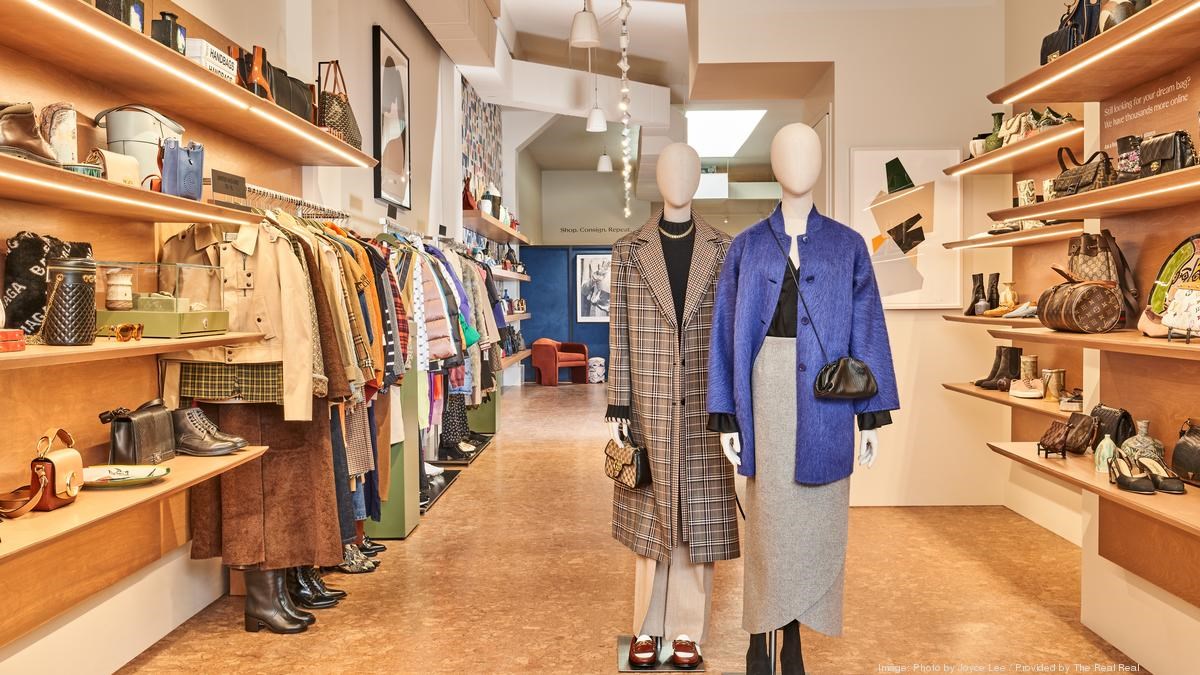
:quality(80)/cloudfront-us-east-1.images.arcpublishing.com/morningstar/VPCBITMQP5FKLIZ32POIXOV3MQ.jpg)
